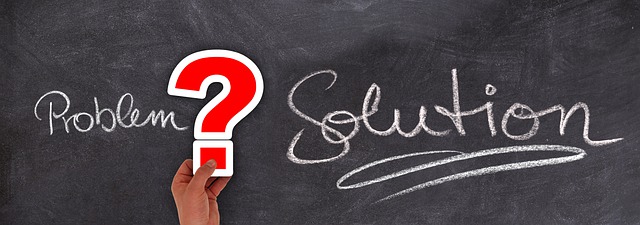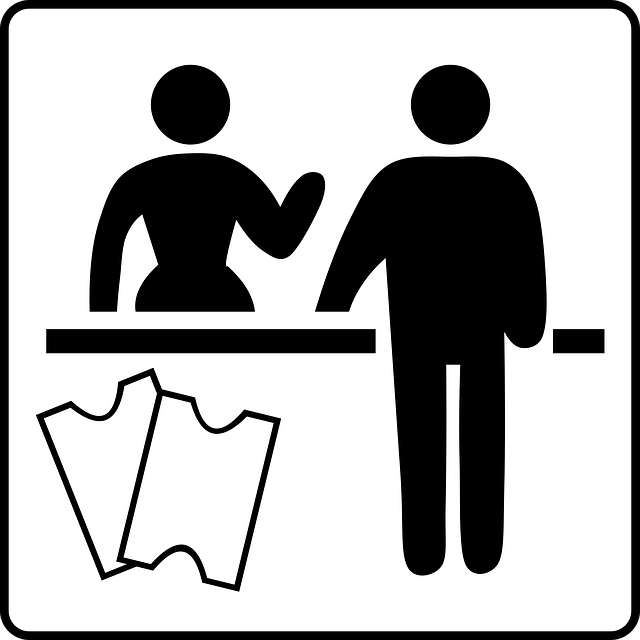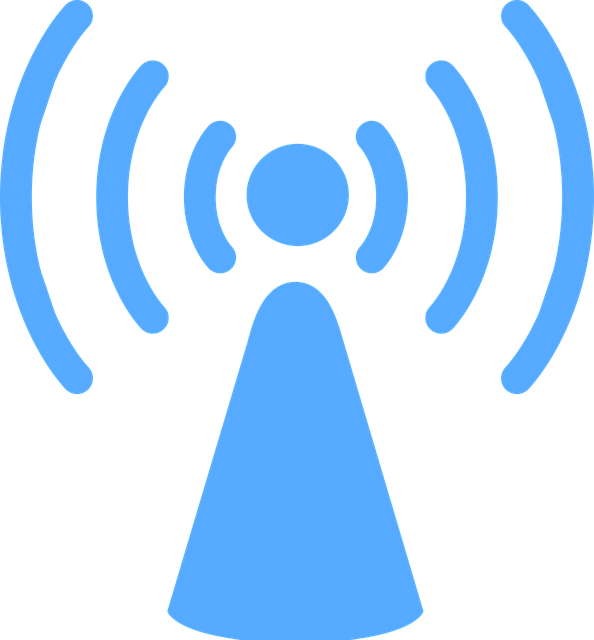WhatsApp marketing strategies have transformed business-to-business (B2B) communication, leveraging the app's popularity to reach decision-makers directly. Key tactics include missed call text back services, personalized messaging, exclusive content, and interactive experiences. Building targeted contact lists and automating messages through email marketing platforms enhances engagement. Successful strategies deviate from conventional email or SMS approaches, using tools for scheduled messages, automated responses, and customer insights. Measuring success shifts focus to user interactions like responses, shares, and forwards, with AI chatbots providing real-time insights and linking interactions to CRM systems for comprehensive customer understanding.
WhatsApp marketing strategies are transforming B2B communication, offering direct and personalized connections with clients. This article explores the untapped potential of WhatsApp for businesses, focusing on effective strategies to optimize its use. We’ll discuss building a targeted contact list, crafting engaging message strategies that resonate with B2B audiences, and measuring success through key performance indicators. By leveraging these WhatsApp marketing techniques, companies can enhance engagement, drive sales, and foster stronger business relationships.
- Understanding WhatsApp's B2B Potential
- Building a Targeted Contact List
- Crafting Engaging Message Strategies
- Measuring Success and User Engagement
Understanding WhatsApp's B2B Potential

WhatsApp has evolved from a simple messaging platform to a powerful tool for businesses, offering unique opportunities for B2B communication and engagement. Its widespread adoption among professionals makes it an ideal channel for targeted marketing strategies. By leveraging WhatsApp, businesses can bypass cluttered inboxes and directly connect with decision-makers, fostering more personal and interactive conversations. This direct line of communication is particularly effective for relationship-building, which is at the heart of successful B2B interactions.
One innovative approach is utilizing missed call text back services, where customers initiate a conversation by calling a dedicated number, prompting an automated response. This strategy encourages engagement, allowing businesses to capture leads and provide instant support. With WhatsApp marketing, companies can send personalized messages, offer exclusive content, and create interactive experiences, ultimately driving sales and building stronger partnerships.
Building a Targeted Contact List

Building a targeted contact list is a fundamental step in successful WhatsApp marketing strategies for B2B communication. Unlike general outreach, WhatsApp allows businesses to personalize their messaging by curating a database of relevant contacts. This involves segmenting your audience based on factors like job roles, industry, previous interactions, and common pain points. By gathering such data, you can create highly tailored messages that resonate with specific segments, increasing the likelihood of engagement.
Automation plays a crucial role in this process. Integrating WhatsApp with email marketing platforms enables automated message delivery based on pre-set triggers, such as new business partnerships or product launches. This not only saves time but also ensures consistent and timely communication. Automation can also include personalized content based on user behavior, enhancing the effectiveness of your WhatsApp marketing efforts.
Crafting Engaging Message Strategies

Crafting effective WhatsApp marketing strategies requires a shift from traditional email or text message marketing approaches. Businesses should focus on creating engaging and interactive message strategies that cater to the unique nature of this platform. In today’s digital era, WhatsApp has evolved beyond a simple messaging app; it offers an unparalleled direct line to customers, allowing for more personal and immediate communication.
To capture attention, B2B brands can utilize creative content formats such as short videos, images with compelling captions, or interactive polls and quizzes. By leveraging social media marketing automation tools that integrate WhatsApp, businesses can schedule messages, automate responses, and gather valuable customer insights. This not only enhances engagement but also ensures consistent and timely communication, a key differentiator from traditional email marketing methods.
Measuring Success and User Engagement

Measuring success and user engagement is a critical aspect of WhatsApp marketing strategies for B2B communication. Unlike traditional email marketing, which relies on open rates and click-throughs, WhatsApp’s ephemeral nature demands a different approach. Success can be gauged by the number of recipients who interact with your messages, such as responding, sharing, or forwarding them. AI chatbots integrated into WhatsApp campaigns can provide real-time insights into user behavior, enabling businesses to tailor their communications effectively.
For instance, tracking the conversion rates from WhatsApp leads to sales can be a powerful metric. Additionally, monitoring user feedback and sentiment analysis through interactive messages or polls can help businesses understand customer satisfaction levels. Linking these interactions with your CRM system allows for a comprehensive view of customer journeys, facilitating personalized follow-ups and enhancing overall engagement.
WhatsApp marketing strategies offer a unique opportunity for B2B communication, leveraging a familiar platform to foster meaningful connections. By understanding its potential, building targeted contact lists, crafting engaging messages, and measuring success, businesses can harness the power of WhatsApp to enhance their B2B engagement and drive tangible results. These strategies not only streamline communication but also empower companies to create more personal and effective interactions with their business partners.
